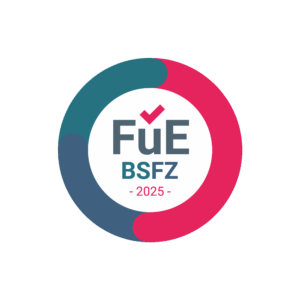Data Privacy and Ethical AI: What Businesses Need to Know in 2024
Estimated reading time: 6 minutes
Key Takeaways
- Compliance with evolving regulations is easier when you build AI systems on strong data privacy and ethics foundations.
- Embedding fairness into algorithms from the outset reduces bias and aligns with ethical AI fairness principles.
- Transparent data practices foster customer trust and strengthen brand reputation.
- Cross-functional governance teams help translate legal duties into technical safeguards.
- Proactive ethical assessments lower the risk of costly compliance breaches.
Table of contents
What Is Ethical AI?
Ethical AI refers to the design, development, and deployment of artificial intelligence systems that respect human rights, uphold fairness, and ensure transparency. An ethical approach guides how data is collected, how algorithms are trained, and how decisions are made.
“Ethics is knowing the difference between what you have a right to do and what is right to do.” – Potter Stewart
The Importance of Data Privacy
Modern AI models rely on vast amounts of personal data. According to the guide on data privacy and ethics in AI, mishandling that data can result in regulatory fines and customer backlash. Businesses should:
- Adopt data minimization—collect only what is necessary.
- Implement encryption and secure storage for sensitive information.
- Conduct routine privacy impact assessments.
Regulatory Landscape
From the EU’s AI Act to the U.S. Algorithmic Accountability Act, governments are tightening rules around automated decision-making. Key elements include:
- Mandatory risk classification for AI systems.
- Auditing requirements to demonstrate compliance.
- Fines up to 6 % of global revenue for serious violations.
Implementing Ethical AI Frameworks
Practical steps to embed fairness in AI ethics include:
- Establishing an interdisciplinary ethics committee.
- Setting bias benchmarks at each stage of model development.
- Providing explanation interfaces for end users.
- Updating models continuously to address emerging ethical issues.
Future Outlook
As AI systems become more autonomous, trust will hinge on transparency and robust ethical standards. Companies that invest early in privacy-first, fairness-driven AI will gain a competitive advantage while mitigating risk.
Frequently Asked Questions
How can my organization start an ethical AI initiative?
Begin with an internal audit of existing data practices, create an ethics charter, and assign accountability to a cross-functional team.
What industries are most affected by AI privacy regulations?
Highly regulated sectors such as healthcare, finance, and telecommunications face stricter rules due to the sensitivity of personal data handled.
Is there a universal standard for ethical AI?
No single global standard exists yet, but frameworks like ISO/IEC 42001 and the EU AI Act are shaping best practices worldwide.
How often should we review our AI models for bias?
Experts recommend quarterly reviews or whenever significant data changes occur to ensure continued fairness and compliance.
Bildquelle:Bildquelle

